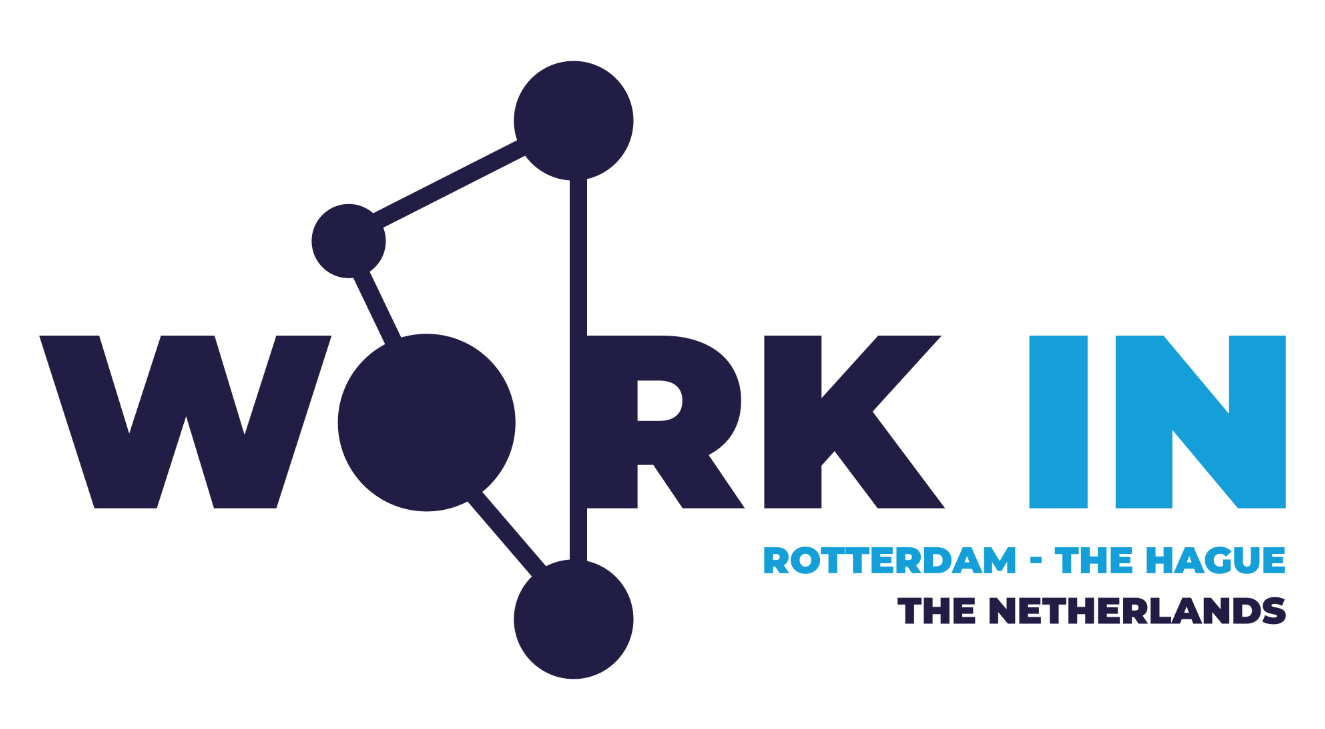PhD Position AI Alignment: Value-Based Assessment Methods for AI Systems

Delft University of Technology (TU Delft)
Challenge: Developing and operationalizing value-based assessment methods for AI systems.
Change: Driving validation of AI systems to ensure that only trustworthy models are used.
Impact: Enhancing police trustworthiness through AI alignment at the Dutch National Police.
Job description
AI alignment refers to the goal to make AI systems behave in line with human intentions and values. With the rapid proliferation of AI systems and their growing capability, there are equal risks from misalignment. Validating models is a crucial step before decisions can be made about implementation and is important for continuous monitoring of systems in use. The challenge is, however, that validation needs to happen along a range of different values that are important for AI to possess at the police: accuracy, but also fairness, reliability, trustworthiness, and more need to be ensured.
AI alignment refers to the goal of making AI systems behave in line with human intentions and values. With the rapid proliferation of AI systems and their growing capability, there are equal risks of misalignment. Validating models is crucial before decisions can be made about implementation and is important for continuous monitoring of systems in use. The challenge is, however, that validation needs to happen along a range of different values that are important for AI to possess at the police: accuracy, but also fairness, reliability, trustworthiness, and more need to be ensured.
As a PhD student at TU Delft, you will conduct impactful research on two key aspects in advancing the responsible use of AI within the Netherlands Police force. First, you will investigate the standards and values surrounding AI usage, particularly concerning openly available models to begin with. This entails defining what criteria these models must meet, beyond common considerations like bias and fairness. You will research which values AI systems need to be aligned with through in-depth case studies at the Netherlands Police. Second, you will also design methods to systematically evaluate various models against these established standards and values. This contribution ensures the responsible deployment of AI within the police force, pushes forward our understanding of how to align AI models in practice, and maximizes the efficiency of utilizing publicly available models.
Through these efforts, you will significantly contribute to advancing the important area of AI alignment and help foster an ethical and accountable AI culture within the organization.
Your project is part of the Model-Driven Decisions Lab, a Netherlands Police - TU Delft initiative, where you will join an interdisciplinary community of four fellow PhD students who have already been hired. Together, you will share knowledge to tackle AI-assisted decision-making from different perspectives. To foster close collaboration with the stakeholders and work on practical implementation, you will spend 20% of your time at the Netherlands Police’s strategy and innovation division. Given the ethical and moral facets of your research, you will also work closely with colleagues of the Delft Digital Ethics Centre at the Faculty of Technology, Policy, and Management (TPM). Your home base will be the Web Information Systems research group at the Computer Science faculty (EEMCS). As an internationally diverse team of driven academics and students, we cultivate a welcoming and collaborative environment. We will give you all the support and training you need to evolve both personally and professionally.
Learn more about your project at the Model-Driven Decisions Lab.
Job requirements
- You hold an MSc in computer science, data science, or another relevant subject such as ethics of AI, with practical machine learning/artificial intelligence courses and relevant project and thesis experience.
- You have a keen interest in AI alignment, human-AI interaction and explainable AI and enjoy collaborating with experts in different disciplines.
- You thrive on conducting research geared to real-world application in the security domain and are intrinsically motivated to collaborate with the Netherlands Police.
- You harness your communication skills to work with different scientific and nonscientific stakeholders in different work cultures.
Doing a PhD at TU Delft requires English proficiency at a certain level to ensure that the candidate is able to communicate and interact well, participate in English-taught Doctoral Education courses, and write scientific articles and a final thesis. For more details please check the Graduate Schools Admission Requirements.
TU Delft (Delft University of Technology)
Delft University of Technology is built on strong foundations. As creators of the world-famous Dutch waterworks and pioneers in biotech, TU Delft is a top international university combining science, engineering and design. It delivers world class results in education, research and innovation to address challenges in the areas of energy, climate, mobility, health and digital society. For generations, our engineers have proven to be entrepreneurial problem-solvers, both in business and in a social context.
At TU Delft we embrace diversity as one of our core values and we actively engage to be a university where you feel at home and can flourish. We value different perspectives and qualities. We believe this makes our work more innovative, the TU Delft community more vibrant and the world more just. Together, we imagine, invent and create solutions using technology to have a positive impact on a global scale. That is why we invite you to apply. Your application will receive fair consideration.
Challenge. Change. Impact!
Faculty Electrical Engineering, Mathematics and Computer Science
The Faculty of Electrical Engineering, Mathematics and Computer Science (EEMCS) brings together three scientific disciplines. Combined, they reinforce each other and are the driving force behind the technology we all use in our daily lives. Technology such as the electricity grid, which our faculty is helping to make completely sustainable and future-proof. At the same time, we are developing the chips and sensors of the future, whilst also setting the foundations for the software technologies to run on this new generation of equipment – which of course includes AI. Meanwhile we are pushing the limits of applied mathematics, for example mapping out disease processes using single cell data, and using mathematics to simulate gigantic ash plumes after a volcanic eruption. In other words: there is plenty of room at the faculty for ground-breaking research. We educate innovative engineers and have excellent labs and facilities that underline our strong international position. In total, more than 1000 employees and 4,000 students work and study in this innovative environment.
Click here to go to the website of the Faculty of Electrical Engineering, Mathematics and Computer Science.
Conditions of employment
Pending the screening result, a temporary employment contract as a researcher can be offered for up to 4 months, if requested by the candidate. This contract will be converted to a PhD contract upon a positive screening result. This is a 5-year PhD position,with the extra fifth year (compared to a standard 4-year PhD program) allowing for the additional activities of learning about the police organization and securing the results in the police organization.
Doctoral candidates will be offered a 5-year period of employment in principle, but in the form of two employment contracts. An initial 1,5 year contract with an official go/no go progress assessment within 15 months. Followed by an additional contract for the remaining 3,5 years assuming everything goes well and performance requirements are met. The additional fifth year (compared to a standard 4 year PhD program) accommodates for the extra activities to get to know the police organization and to secure the results in the police organization.
Salary and benefits are in accordance with the Collective Labour Agreement for Dutch Universities, increasing from € 2901 per month in the first year to € 3707 in the fourth year. In the 5th year, you will receive a temporary monthly allowance based on the gross difference between salary scale P, step 3 and salary scale 10, step 3.
As a PhD candidate, you will be enrolled in the TU Delft Graduate School. The TU Delft Graduate School provides an inspiring research environment with an excellent team of supervisors, academic staff and a mentor. The Doctoral Education Programme is aimed at developing your transferable, discipline-related and research skills.
The TU Delft offers a customisable compensation package, discounts on health insurance, and a monthly work costs contribution. Flexible work schedules can be arranged.
For international applicants, TU Delft has the Coming to Delft Service. This service provides information for new international employees to help you prepare the relocation and to settle in the Netherlands. The Coming to Delft Service offers a Dual Career Programme for partners and they organize events to expand your (social) network.
Additional information
If you would like more information about this vacancy, please contact assistant professor dr. Ujwal Gadiraju, u.k.gadiraju@tudelft.nl, or dr. Stefan Buijsman, s.n.r.buijsman@tudelft.nl.
If you would like more information about the selection procedure, please contact Helma Dokkum: AI Innovatiemanager, w.m.dokkum@tudelft.nl.
Application procedure
Are you interested in this vacancy? Please apply before 10 February 2025, via the application button and upload your motivation and CV. Interviews will be held during the week of 17 February, 2025.
Screening
As you will be working in the security domain, you must undergo a security screening executed by the Dutch government before starting this position. This screening will take on average 2 to 3 months and could be up to 6 months. A positive outcome of the screening is a prerequisite for the contract for this PhD position to come into effect. At least a BO screening is needed for this PhD position.
Please note:
- You can apply online. We will not process applications sent by email and/or post.
- A pre-employment screening can be part of the selection procedure.
- A knowledge security check will be part of the selection procedure (for details page 45: national knowledge security guidelines).
- Please do not contact us for unsolicited services.

